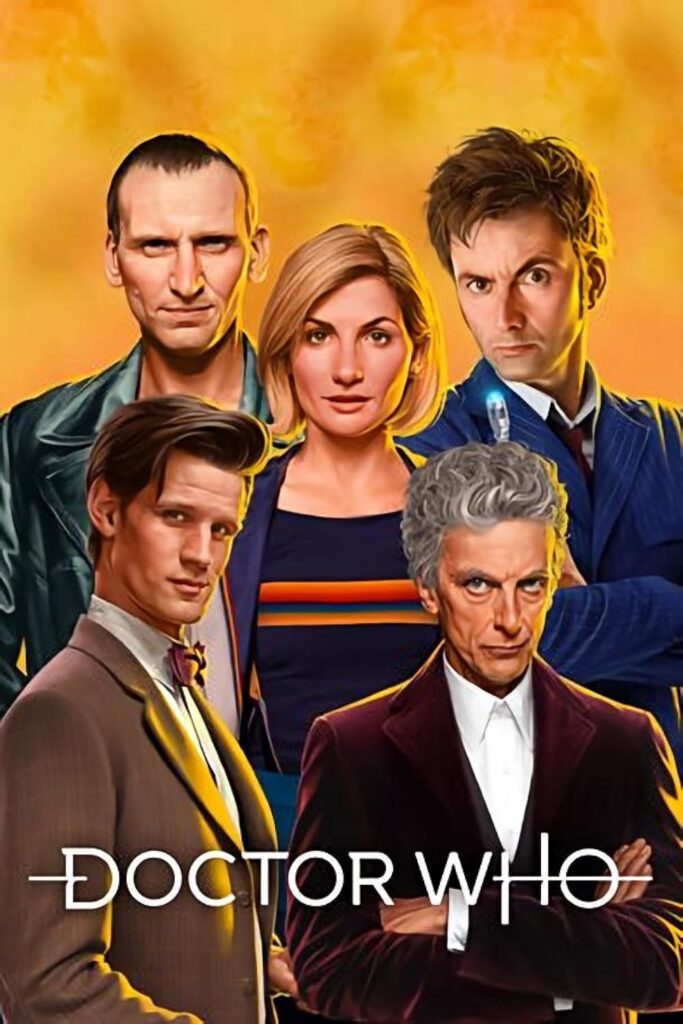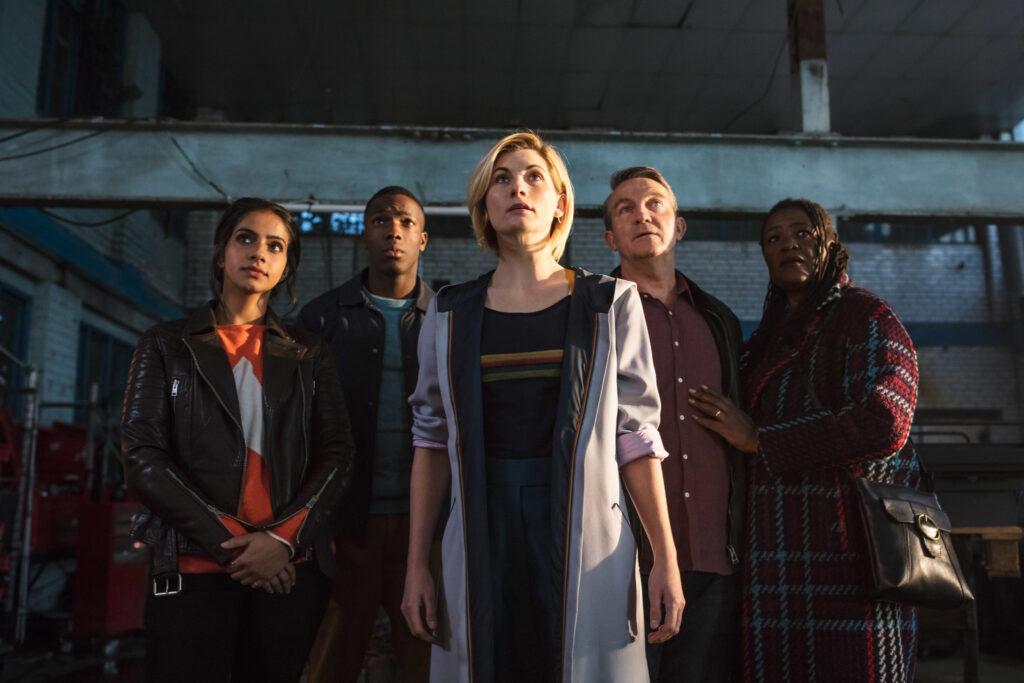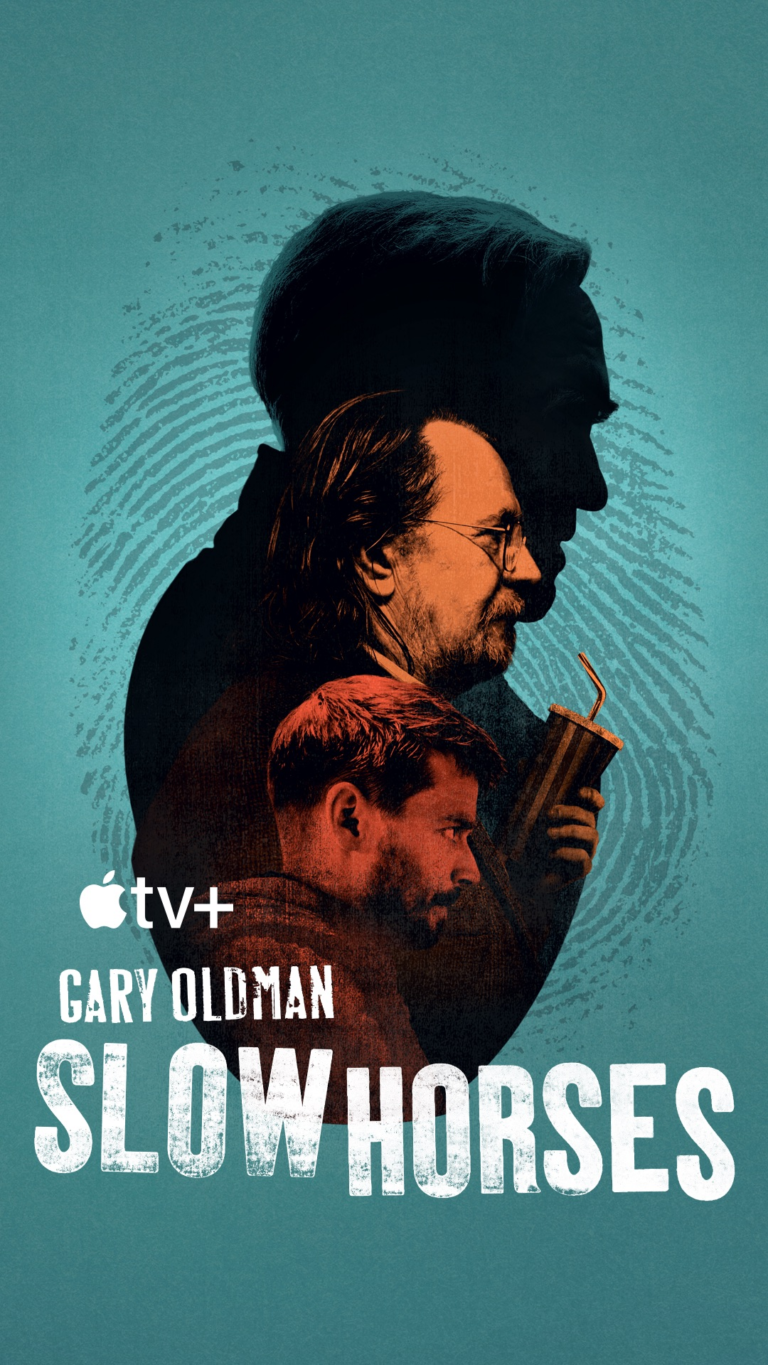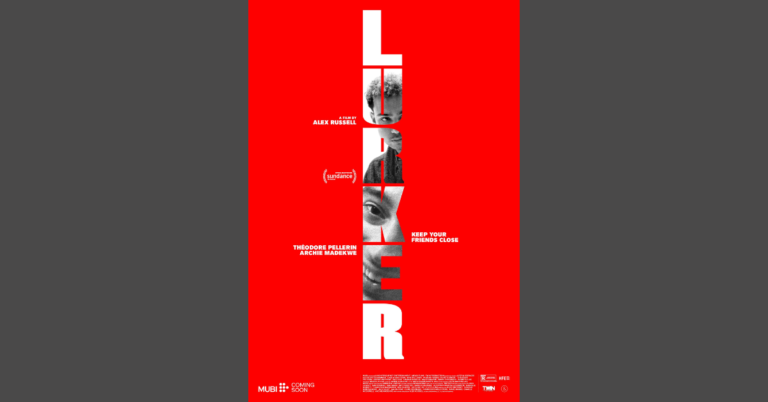Doctor Who Christian Review

Take a ride through time and space in this timeless series known as “Doctor Who.” Peter Capaldi takes on the legendary mantle of the Doctor—a Time Lord from the fabled Gallifrey—to deliver, so far, desperately needed wit, wisdom, and reflective depths for us all to stop, think, and ponder life’s puzzles.
Time Travel and Morality: A Journey
It’s not all flashy adventures in “Doctor Who“; it’s a journey of morality and existential questions. Right and wrong, the eternal fight, were instilled by Capaldi’s Doctor, most of the time steering through knotty moral dilemmas that mirrored our own struggle for morality. His portrayal lends gravitas to the role and shows that even in a universe full of aliens and time travel, what essentially remains human comes out.
The premiere episode, “Deep Breath,” is set against the backdrops of Victorian London. It revolves around explorations in themes of identity and purpose, amidst whirling mysteries and larger-than-life creatures. Capaldi’s Doctor faces his new regeneration into being and reflects on how change comes with responsibilities.
Themes of Redemption and Transformation
At the very heart of “Doctor Who” lies the beating of redemption and transformation—ideas deeply located within the bounds of theology. His regenerative powers, which take him into new forms, may be said to find their image or shadow in the Christian view of renewal and rebirth. In regeneration lies a fresh look; yet from within is poured forth an elementary regard for compassion, a quest for justice that transcends time and space.
Throughout all of Capaldi’s regenerate life, Clara Oswald is by his side as companion and moral compass. Her challenging the Doctor’s decisions, her belief in his goodness, reflects the Christian virtues of faith and conviction. They find themselves moving through a myriad of foes—monstrous aliens, inward demons—and giving esteemed viewers lessons, poignantly shared, on forgiveness, courage, and the powerful nature of self-sacrifice.
Reflections on Faith and Humanity
For Christian viewers, “Doctor Who” becomes the lens through which faith and humanity are seen. The Doctor’s story—the journey—parallels that of the Christian pilgrimage where trials and tribulations hone the human will and beliefs. Capaldi gives this exploration great depth by infusing into the character moments of vulnerability and doubt that bridge the gap at a very deep level with any viewer looking for spiritual insight.
The storylines are often allegorical and encourage reflection on moral lessons learned and spiritual growth. Episodes like “Deep Breath” are not only exquisitely delicious in their entertainment but thought-provoking, really making one ponder one’s own values and beliefs against the tapestry of an infinite and unpredictable universe.
Visual Spectacle and Philosophical Depth
Apart from the philosophical arguments, what keeps the audience riveted to “Doctor Who” are the visual effects and plot creativity. The TARDIS, a rather iconic kind of time machine, suggests all the possibilities of infinity in wandering and exploring—a metaphor for the Christian voyage toward understanding the mysteries of creation and existence.
From tricky alien worlds to intimate moments of introspection among characters, these are complexities that support the storytelling prowess of this series. Seen another way, myriad tapestries open up with each episode, full of moral dilemmas and cosmic adventures that set in motion how justice and mercy, or whatever eternal struggles one might fight against the forces of evil, are left to the viewers.

Challenges and Introspections
While “Doctor Who” appeals to a wide range of audiences, the series’ many narrative complexities may challenge young viewers and those not initiated by its lore. However, for the serious viewer who wants to invest time, it pays back in spades with narrative depth and character mattification that sets this show apart from most other science fiction series.
Capaldi’s Doctor is a balance of credibility, Scottish wit, and incisive intelligence, walking on the thin line of being the eternal archetype of a hero—something to which darkness has to turn face and meet with a resilient, compassionate hero. His journey bears a little of the ideals present in Christianity, refocusing lucidly on the difficulties of faith and what it means to be human.
Conclusion
In summary, “Doctor Who” in the hands of Peter Capaldi signals a continuance for this long-running science fiction series as a mainstay of intelligent writing and creative exploration. For the Christian audience, it rises above being an entertainment to something that speaks to redemptive, transformative themes and articulated quests for meaning amidst the relentless changes marking the universe.
Full of moral tapestries and cosmic adventures, “Doctor Who” makes one question one’s beliefs and values, taking viewers on an epoch voyage of time and morality. Introspective elements and a feel of intimacy are brought into Capaldi’s rendition, making him a compelling guide through the complexities of faith and into the mysteries of existence.
Rating: 9/10
“Doctor Who” continues to enjoy respect for its entertainment and philosophical depth, finding a place in the hearts of readers reaching for stories that vibrate on a spiritual level. From battling the Daleks to plumbing the human soul, so the Travels of the Doctor speak of timeless hope, courage, and merely the potential of faith in an infinite universe waiting to be discovered.





